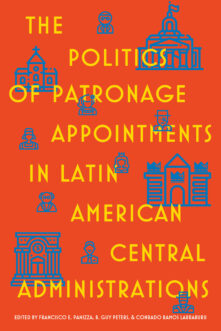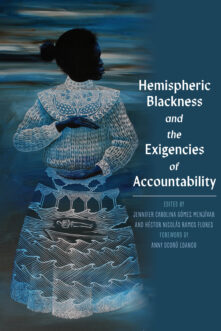Books
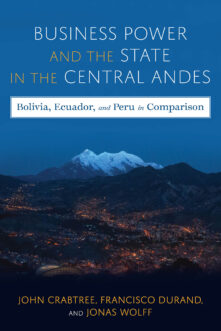
Business Power and the State in the Central Andes
Bolivia, Ecuador, and Peru in Comparison
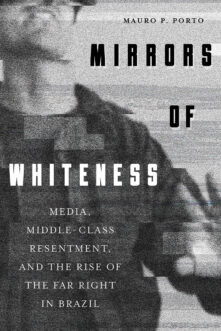
Mirrors of Whiteness
Media, Middle-Class Resentment, and the Rise of the Far Right in Brazil
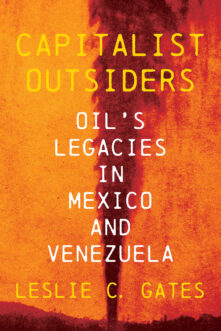
Capitalist Outsiders
Oil's Legacies in Mexico and Venezuela
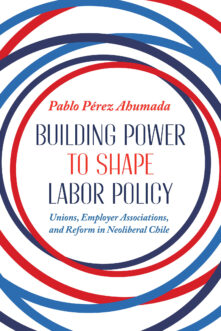
Building Power to Shape Labor Policy
Unions, Employer Associations, and Reform in Neoliberal Chile
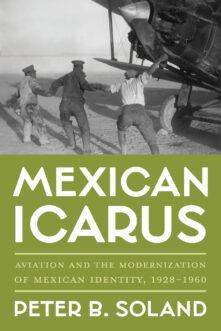
Mexican Icarus
Aviation and the Modernization of Mexican Identity, 1928-1960
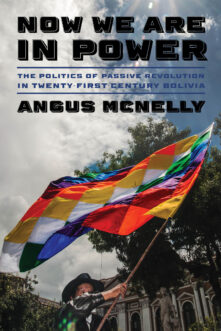
Now We Are in Power
The Politics of Passive Revolution in Twenty-First-Century Bolivia
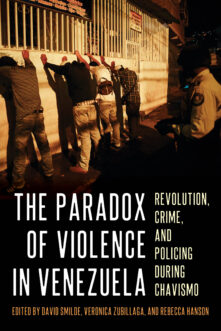
The Paradox of Violence in Venezuela
Revolution, Crime, and Policing During Chavismo
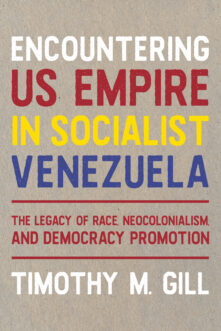
Encountering US Empire in Socialist Venezuela
The Legacy of Race, Neo-Colonialism, and Democracy Promotion

Claiming Brazil
Performances of Citizenship in the Centenary of Independence
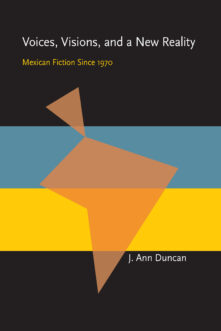
Voices, Visions, and a New Reality
Mexican Fiction Since 1970
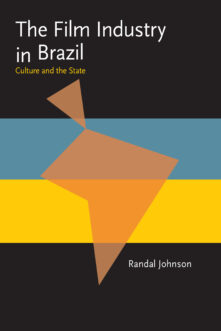
The Film Industry in Brazil
Culture and the State
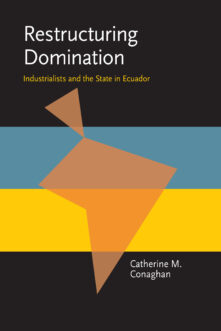
Restructuring Domination
Industrialists and the State in Ecuador
Total 113 results found.



